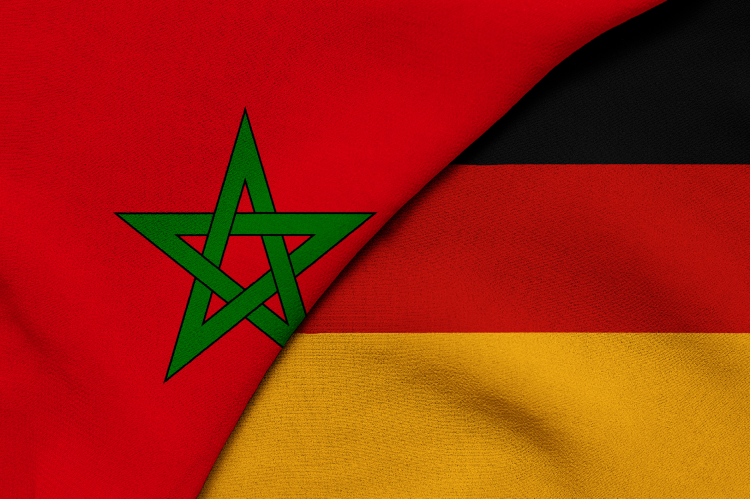Germany and Morocco Forge Alliance to Bolster Green Hydrogen Production and Exports

Germany and Morocco have agreed to forge a climate and energy alliance to bolster renewable energy development and green hydrogen production in the North African nation.
Germany sees hydrogen as a key element in decarbonising its industrial sector, particularly for difficult-to-electrify industries like steel and chemicals.
However, the country lacks sufficient space and resources for large-scale wind and solar power generation. This hinders the country's ability to meet its ambitious goal of climate neutrality by 2045, making hydrogen imports a viable option for plugging the gap.
"Morocco has the best conditions for the energy transition and the production of green hydrogen. Germany wants to import hydrogen," said Development Minister Svenja Schulze in a statement following the signing of the alliance with Moroccan Foreign Minister Nasser Bourita.
The alliance leverages the geographical proximity between the two countries, with Germany supporting increased electricity trade between Morocco and the European Union. It also encourages the participation of German technology companies to advance Morocco's hydrogen economy.
"Germany has a very special position ... as an economic partner, as a trade partner, but also, of course, as a political partner," Bourita said in a news conference with his German counterpart Annalena Baerbock on Friday, adding that the green hydrogen economy must be fair, as opposed to the existing fossil-based economy.
This collaboration builds on a preexisting partnership between the two countries. Since 2012, Germany has committed over 1 billion euros (about $1.08 billion) in subsidised loans for Moroccan renewable energy projects, including the world's largest solar thermal power plant in Ouarzazate.
This German-funded plant is projected to generate enough green hydrogen annually to produce 50,000 tonnes of steel.
According to the ministry, an international tender process for buyers is expected to launch this year, with production anticipated to commence in 2028 or 2029.
The bilateral alliance will further explore the logistics and feasibility of transporting green hydrogen and related products to Germany and Europe.
